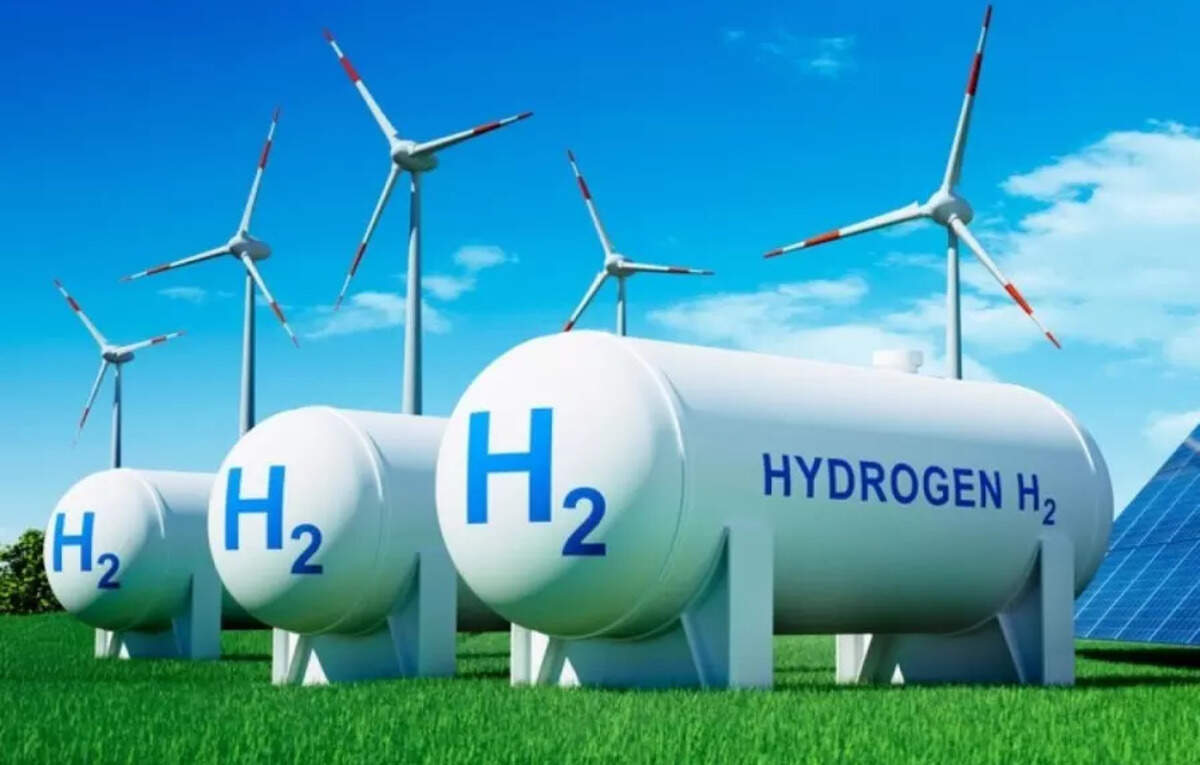Green Hydrogen's Potential in Reshaping India's Industrial Landscape
Key Ideas
- Replacing 15% of India's refinery hydrogen consumption with green hydrogen could reduce CO₂ emissions by 6.3 MMT by 2035.
- Green hydrogen is positioned as a pivotal tool in India's decarbonisation efforts, but faces cost barriers compared to grey hydrogen.
- EY's report emphasizes the importance of CCUS in hard-to-abate sectors like steel, cement, and oil and gas for achieving net-zero targets.
- India requires around $300 billion in climate-related investments to support green manufacturing and decarbonisation initiatives to meet sustainability goals.
The EY-Parthenon report launched at India Energy Week 2025 highlights the potential of replacing 15% of India's refinery hydrogen consumption with green hydrogen to reduce CO₂ emissions by 6.3 MMT by 2035. Currently, India's refineries produce hydrogen through steam methane reforming, leading to significant CO₂ emissions. Despite the cost barrier, green hydrogen is seen as crucial for decarbonisation, with initiatives like the SIGHT program aiming to bridge the price gap with grey hydrogen. The report stresses the need for CCUS in sectors like steel and cement and recommends strategies like tax incentives and carbon pricing to achieve net-zero targets. To combat escalating emissions, India will require substantial investments in clean technologies and collaborations between government and industry. With a projected surge in energy demand driven by economic growth, sustainable industrialization is vital to prevent a drastic increase in emissions. As India embarks on its green transition, balancing growth with sustainability will be key, requiring concerted efforts to integrate green technologies and achieve long-term competitiveness.
Topics
India
Utilities
Renewable Energy
Sustainability
Energy Transition
Green Technology
Decarbonisation
Carbon Capture
Industrialization
Latest News
